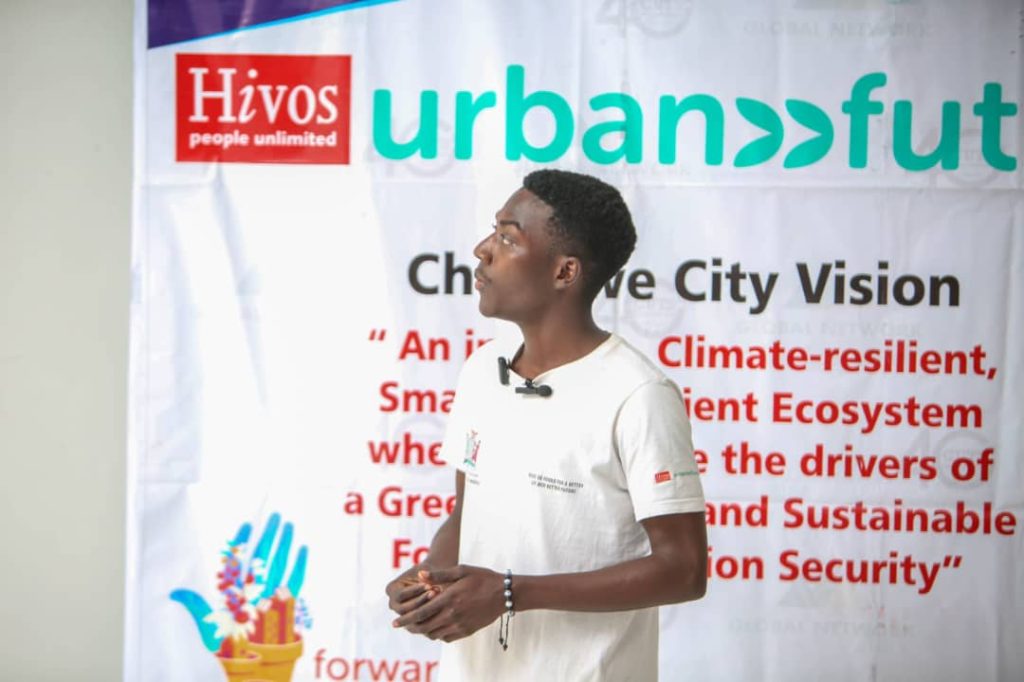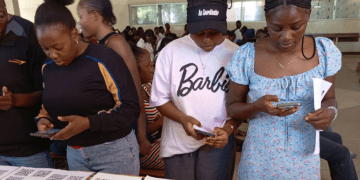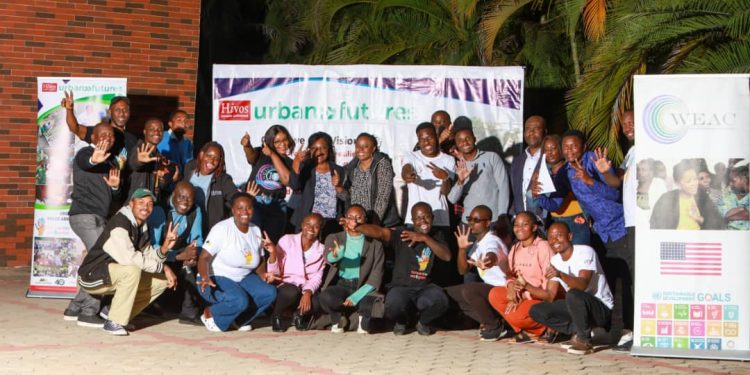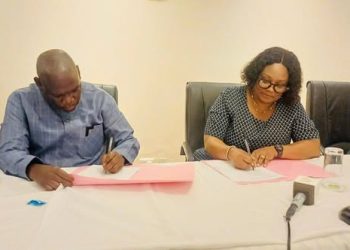By Juliet Makwama
Concerned that current food systems especially in urban areas are not meeting the nutritional needs of people due to climate change effects and other factors, youths involved in the Urban Futures UF Project have committed to actively participating in transforming urban food systems to ensure healthy food is accessible to all.
The Urban Futures Project is a Hivos program working with local partners to encourage young people to participate in climate resilient urban food systems, in view of the effects of climate change on sustainable food production.
Several youths in Chongwe District recently participated in an entrepreneurship mentorship programme for transformative food systems where they discussed innovative approaches to sustainable food production amid climate change, and the opportunities that come with agribusiness.
Bupe Phiri, Founder of Hillrise Agritech has created an application to help small scale farmers reduce food waste especially when yields are affected by either drought or floods, by directly connecting them to markets and cutting out middle men.
Bupe explained that the key features of the app are market access, climate smart practices, precision tools, real time water data and an online farmers’ platform.
“So this helps farmers connect with and learn from each other, at the same time marketing and helping farmers showcase their produce to a wider market. The climate smart features also assist towards reducing food waste which happens at different stages in food systems, especially harvest time,” he said.
Bupe is optimistic that this app will encourage climate friendly food production systems and minimize wastage in the value chain, from the farm to the fork, increasing the availability of food.

“The motivation behind this app was the drought we experienced in the 2024 to 2025 farming season. That drought opened up innovative opportunities to address the challenges farmers face such as limited access to finances, exploitation by middlemen and the knowledge gaps in climate resilient farming practices,” he added.
Bupe is confident that his app will be embraced and supported by policy makers, investors and partners to propagate as it encourages sustainability in food production.
And Organic Poultry Farmer Veronica Kabuku encouraged young people to consider farming as a lucrative business that can uplift their lives instead of engaging in unproductive activities such as substance abuse among other vices.
Veronica also encouraged other farmers to go organic in their activities, as sustainability is key in food production systems so that future generations are food secure.
“We really need to embrace organic farming. I really want to influence farmers to go into organic farming and stop using chemical fertilisers that will disturb efforts for future sustainability in food production systems,” Veronica emphasized.
Meanwhile, Tapiwa Mwanza who is a Clinical Psychiatrist explained that sustainability in food production systems cannot be achieved if the mental health of farmers is not taken care of.
She said even if the subject is not widely discussed, mental health is the backbone of food production for food producers.
“Mental health is the backbone of farming. So if the mental health of farmers is not okay, they will not go about their work in a way that encourages sustainability,” she said.
Tapiwa says through the Urban Futures Project and beyond, she is interested in seeing farmers whose mental wellbeing is taken care of that is her job in the food system.
These youths and others who participated in the mentorship exhibited their passion to work together to achieve solutions to the complexities of urban food systems through the Urban Futures Project, for sustainability that will benefit today’s and future generations.








































